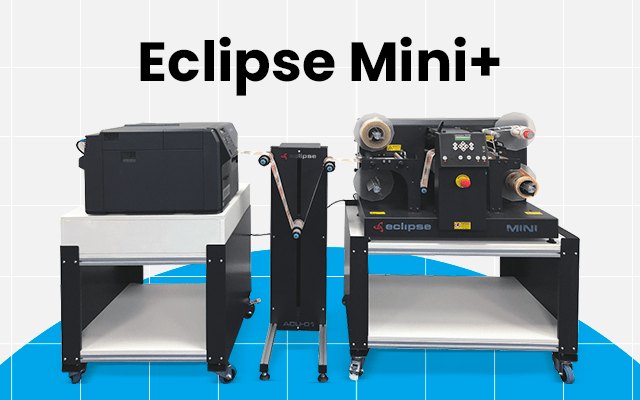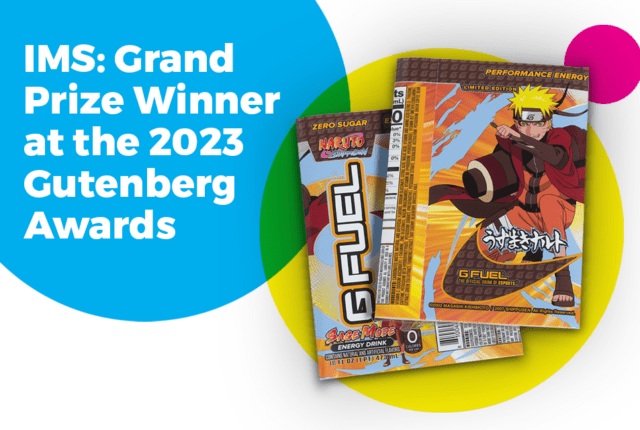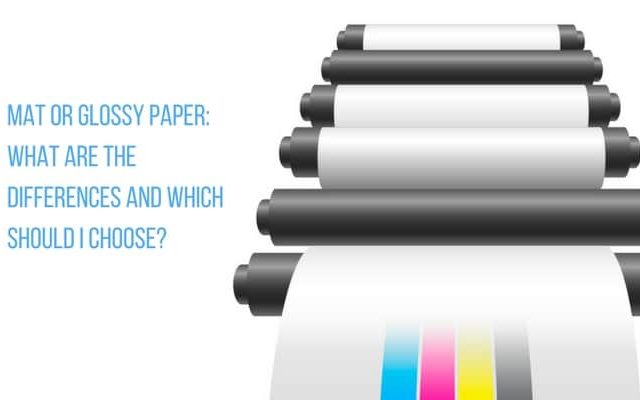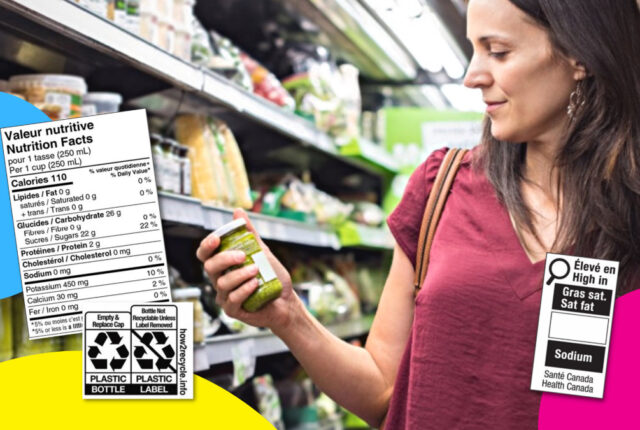According to recent statistics, Millennials (those born between 1980 and 2000) now represent 35% of the North American workforce. This is more than Baby Boomers who now are at 31% and shrinking. Manufacturers must of course adapt to this new dominating generation and successfully market to them, or disappear.
Millenials have been described as narcissistic and entitled, but also as liberal, open-minded and collaborative.
A recent study by Digsite took full advantage of these characteristics to find out more on what millenials are looking for in healthy beverages. The study was conducted online, which is perfect for millennials, who are known to be connected and very comfortable with technology and communication on social media. Accordingly, the study enrolled its participants through social media.
One of the most interesting things about this study was how it encouraged the participants to communicate and collaborate. One activity consisted of taking a picture of the inside of their refrigerators and posting it for other participants to see and comment on.
First of all this activity was quite clever in appealing to the “millennial characteristics” of narcissism and collaborativeness! Other than that, and perhaps more interestingly, it provided a wealth of qualitative information on the presence of competitors products (and not just in the heath beverage category) in the participants lives, with photographic proof! This kind of activity could also easily be applied to other product categories. How about photos of the cupboard under the sink for cleaning products or the garage or shed for tools?
In terms of product characteristics, the participants in this study were heavily interested in “healthy options” that didn’t exclude taste. For example, sugar wasn’t something they would exclude completely, just have less of. Product claims of “natural” were felt to be more important than “organic”. Not surprisingly, manufacturers were expected to be “transparent” in the way they communicated information in order to gain trust. Millennials, after all, are known to be “entitled” right?
Pushing qualitative data gathering to its limit, participants were also asked to draw an ideal health beverage packaging and explain their concepts. Can’t go much further than that unless you want to do psychoanalysis.
If this study was able to go as far in its qualitative findings, it is because it took advantage of known millennial characteristics.
The question is, how will you?
Let us know if you’d like to find out more about how your packaging should address its target audience.







